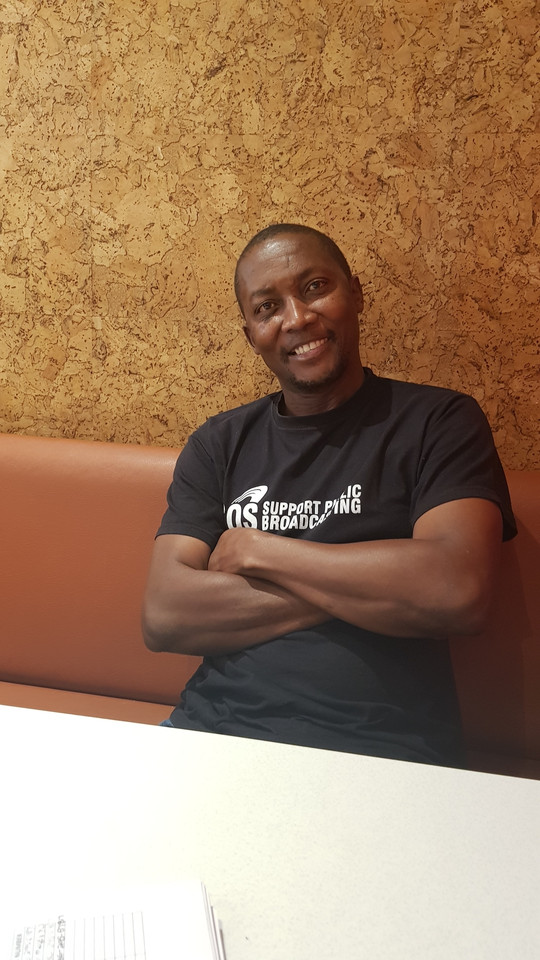Times of economic depression for the media
South Africa is one of the most unequal societies in the world. However, protests do not receive adequate in-depth and consistent media coverage unless they are particularly violent and destructive. The economy has provided little support to media and several media houses , including The Huffington Post, ANN7, The New Age and some magazines have had to close up shop.
Others are only available online, making them inaccessible to the poorest among the electorate because of high data costs, the urban-rural digital-divide and issues of signal-quality amongst others.
The vast majority of community media are rooted in economically depressed communities. Government support has not been forthcoming. Where such assistance does come, it does so with conditions which may erode their independence. Capacity to cover elections is therefore severely limited.
In this context, some media outlets are resorting to younger, multi-tasking, social media-savvy and cheaper "content producers." Juniorisation of the newsrooms has come as a result of the inability of media to afford rising production costs. The transformation from legacy print to broadcasting formats and platforms has been slow and uncoordinated. Monetizing online publications remains a challenge.
Meanwhile, the South Africa Broadcasting Corporation (SABC, the public broadcaster) has openly admitted that it is insolvent and in need of a government bailout package. Failure to secure such funding will result in the SABC failing to meet its obligations towards staff, suppliers and creditors. Any potential collapse of the SABC would represent the worst calamity for the right to information in South Africa, more importantly in the context of 2019 elections.
The pervasiveness of fake news
In the noisy political environment that is South Africa at this point, the potential for misinformation, disinformation and fake-news multiplies exponentially. There is a cacophony of voices shouting everywhere. Disinformation is the biggest threat to any election process no matter how well the electoral framework is organized, and South Africa is no exception. In this post-truth era, there is always ample opportunity open to the election-contesting parties and their candidates to 'play dirty' and to 'tell little lies' if it can help their cause.
In instances such as the #FEESMUSTFALL protests the sort of delayed news production system 'tardiness' gave rise to expressions of pent-up frustration towards traditional media, which were viewed as punting the views and versions of events from the perspectives of the authorities.
Violence against journalists as a growing trend
In addition, journalists in South Africa are increasingly at risk of violence. They are frequently caught up in the crossfire between protesters and authorities and have been victims of both physical and psychological violence. Violence against journalists, media workers, artists and media institutions is a worryingly growing trend in South Africa, particularly around election periods and vigilance must be observed at all times.
Female as well as non-binary journalists have not been spared from specifically gender- related attacks. Many have been hounded and terrorised including through social media platforms.
The risk of self-censorship is pervasive and omnipresent where, on account of self-preservation, personal safety and wellbeing are poignantly set-ups against each other. Threats of violence against media practitioners amount to censorship.
MWASA continues to cooperate and collaborate with fraternal civil society organisations including SOS Coalition, Media Monitoring Africa, the IFJ, FAJ, SAFTU and many others to counter the perpetuation of violent responses to uncomfortable truths and news some do not like.


